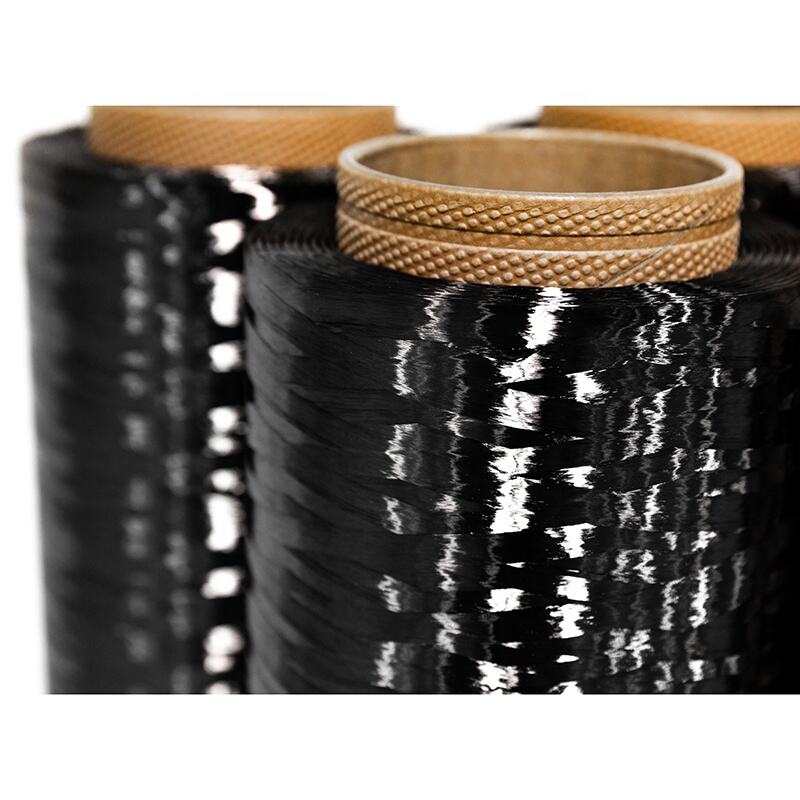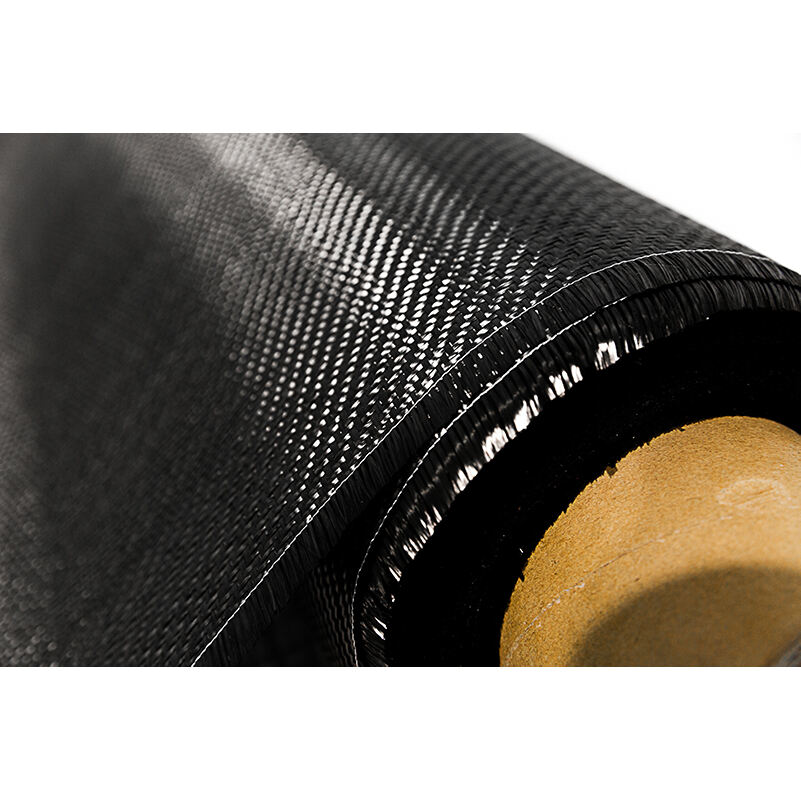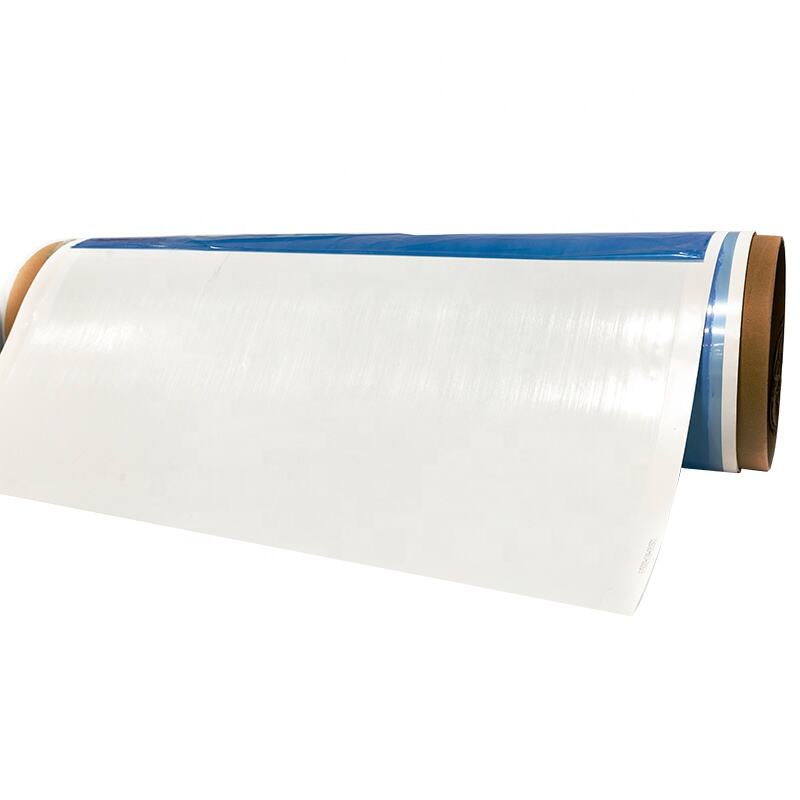reinforced carbon carbon
Reinforced Carbon Carbon (RCC) represents a groundbreaking composite material that combines carbon fiber reinforcement with a carbon matrix. This advanced material system consists of carbon fiber layers embedded within a carbon matrix, creating an exceptionally strong and lightweight structure. RCC exhibits remarkable properties, including high strength-to-weight ratio, excellent thermal resistance, and superior mechanical performance under extreme conditions. The manufacturing process involves multiple steps, starting with laying up carbon fiber fabric, followed by resin impregnation, and finally, high-temperature processing to convert the resin into carbon. This material can withstand temperatures exceeding 2000°C while maintaining its structural integrity, making it invaluable in aerospace applications. The unique combination of properties allows RCC to excel in high-temperature environments where traditional materials would fail. It finds extensive use in spacecraft heat shields, aircraft brake systems, and high-performance racing components. The material's exceptional thermal shock resistance and ablation properties make it particularly suitable for atmospheric reentry vehicles and rocket nozzles. Additionally, its low thermal expansion coefficient ensures dimensional stability across a wide temperature range, critical for precision applications.


